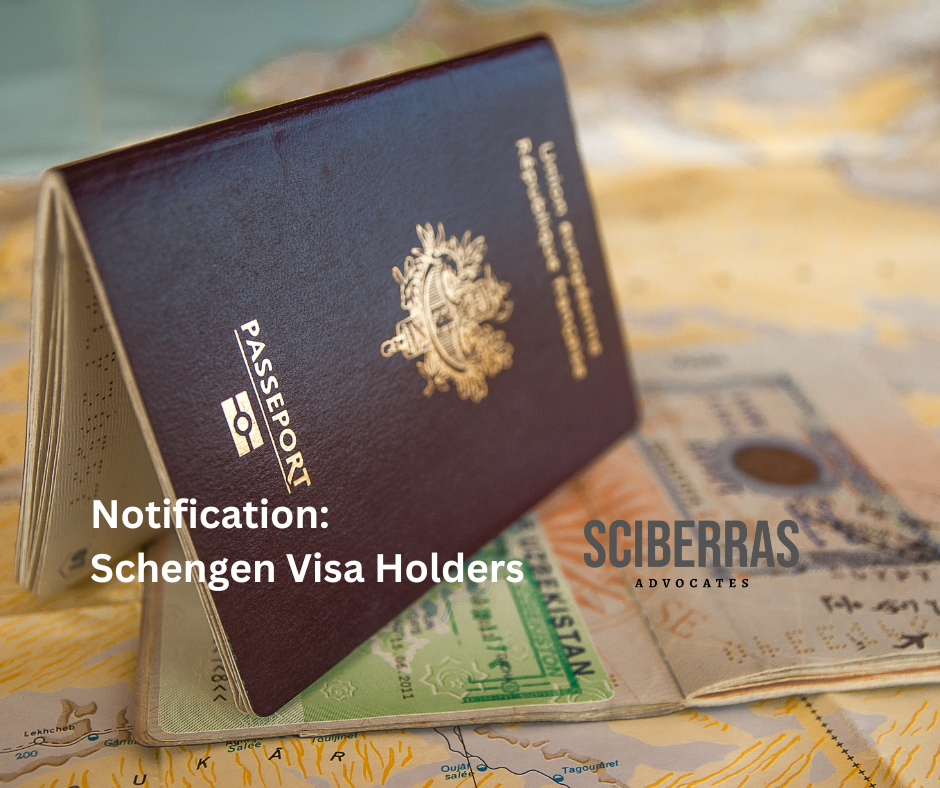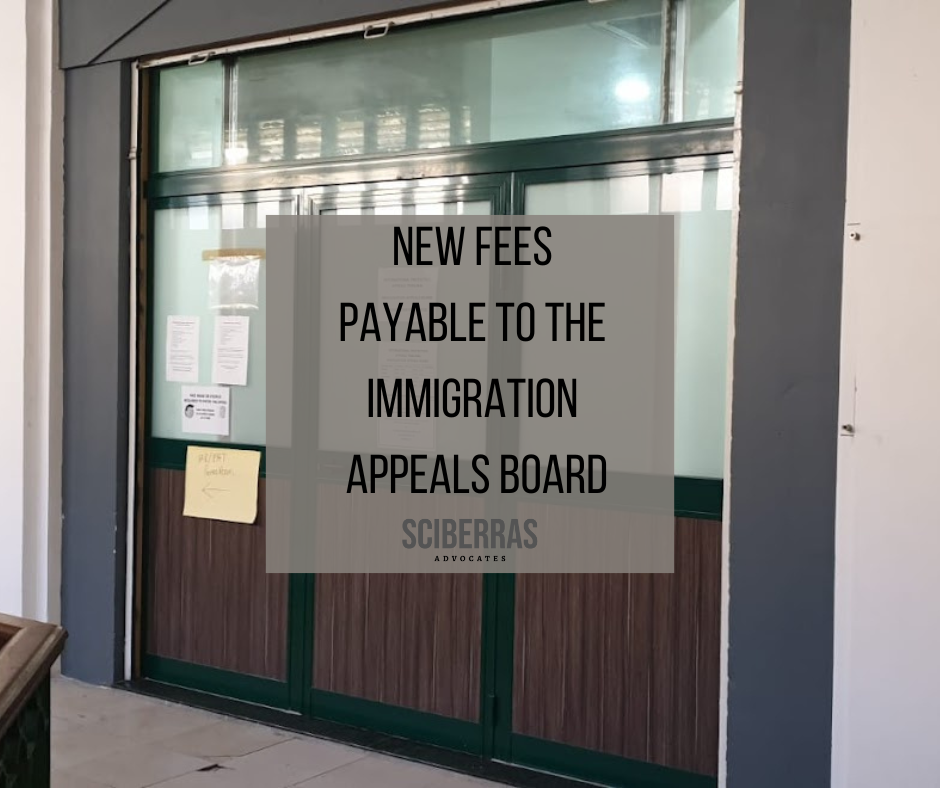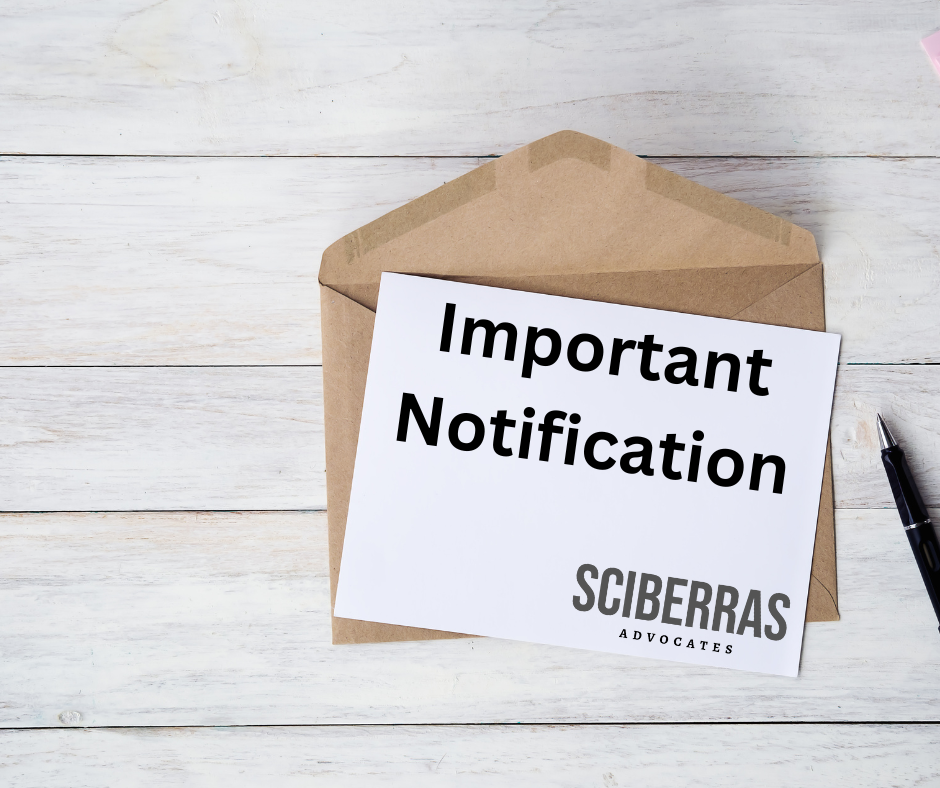Employers in Malta are reaching to the rest of the world to find new employees. This opens recruitment to a larger global pool and offers a lot of opportunities to everyone. However, this scenario has brought several scams and rackets in Malta.
There are a number of employers and agencies that are not reputable, and this has brought a lot of reputational damage for the Maltese islands and caused a lot of financial problems for Third Country Nationals who fork out a lot money in exchange to get a job in Malta when in reality there is no job awaiting for them and they receive a fake work permit approval. These scams are ripping off prospective workers, genuine individuals who want to relocate for a better life.
When applying for a job in Malta, one needs to check about the reputation of the employer and the agencies one is dealing with. If this employer or recruitment agency is asking you for thousands of euros to provide you with a job application and a work permit, this is a huge red flag, and it should not be entertained.
Sciberras Advocates is a law firm specialised in immigration and employment law. Through our experiences we have seen many unfortunate scenarios in the immigration and employment sectors in Malta. We urge all prospective Third Country Nationals that are looking to relocate to Malta on a Single Work Permit basis to ensure that their new employer or recruitment agency is reputable and is not asking for any money. As part of our work, we also do Single Work Permit refusal appeals and Visa applications appeals with the Immigration Appeals Board. If you require more information about such appeals, we invite to visit our page here or our YouTube account here.
If on the other hand, you are an employer, and found a Third Country National that has accepted your vacancy in Malta, we can assist you in handling all the necessary applications forms and guide you through the process. For more info, please follow the link here.
This article is for information purposes only and should not be construed as legal advice.
Article written by Ms Charlene Sciberras, B.A. (Hons), guest writer, is a marketing and business administration specialist with a special focus on corporate, accounting, and legal matters.
Sciberras Advocates founded by Dr Adrian Sciberras, is a law firm based in Malta. The firm prides itself to be multi-disciplinary, innovative and flexible in order to meet the changing times and any challenges in the local and international legal scenario. No matter what private or corporate complex demands are called for, Sciberras Advocates offers practical and cost-effective legal solutions to achieve your desired results. You may reach Sciberras Advocates by phone on +35627795222 or via email on [email protected].










